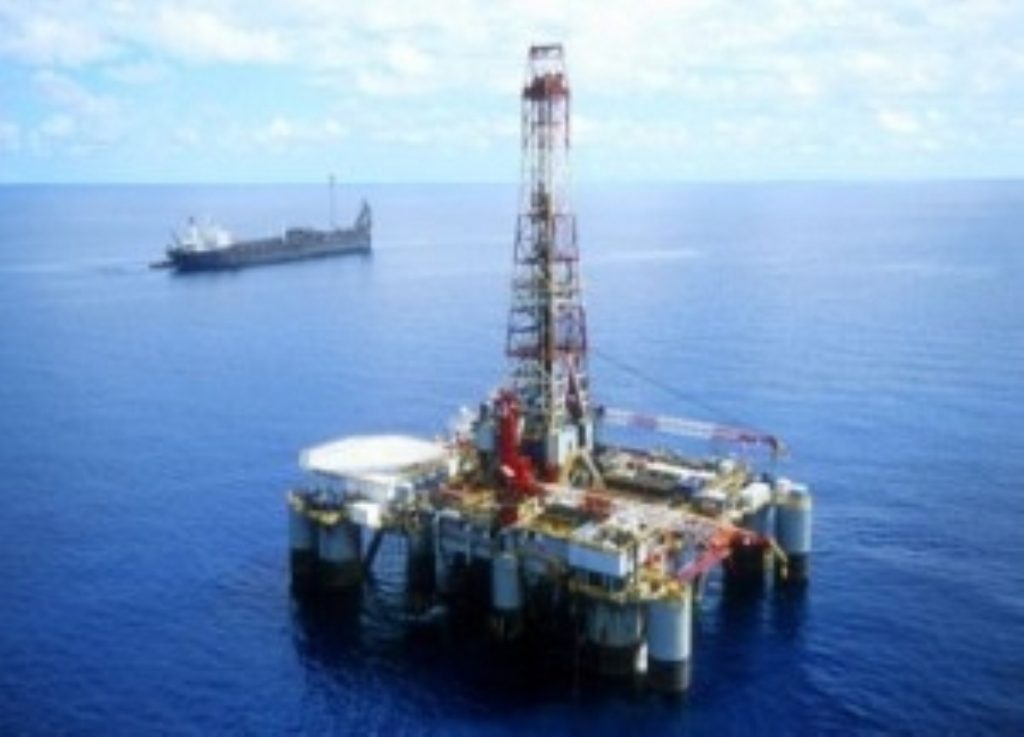Oil prices force inflation rise
Inflation rose from 1.1 per cent to 1.2 per cent in the last month, according to new figures released today.
The latest Consumer Price Index figures for March – which underpin the Harmonised Consumer Price Index inflation measure, which replaced the previous Retail Price Index measure in January this year – have been produced by the Office for National Statistics.
Though inflation is up, the CPI measure is still below the Government’s target of 2 per cent. However the rise is likely to be of concern for economists, as the fear of inflationary pressures within the economy was one of the factors in this month’s increase in interest rates by the Bank of England’s Monetary Policy Committee.
One of the major upwards pressures identified by the Bank was the recent increase in crude oil prices and its resulting impact on petrol and domestic heating oil.


Despite the rise in the cost of oil, the Office for National Statistics reports that the rise in air fares was significantly lower than last year. Air fares are currently in sharp focus for analysts with the announcement last week from BA that the company will be charging a temporary £5 surcharge on return flights due to the rise in oil prices.
Package holiday prices are expected to be unaffected by the rise as operators set prices a year in advance and factor in potential cost variations.
In addition, other consumer goods such as digital subscriptions, furniture and home fixtures also showed an upwards movement due in part to fewer special April offers than the previous years.












